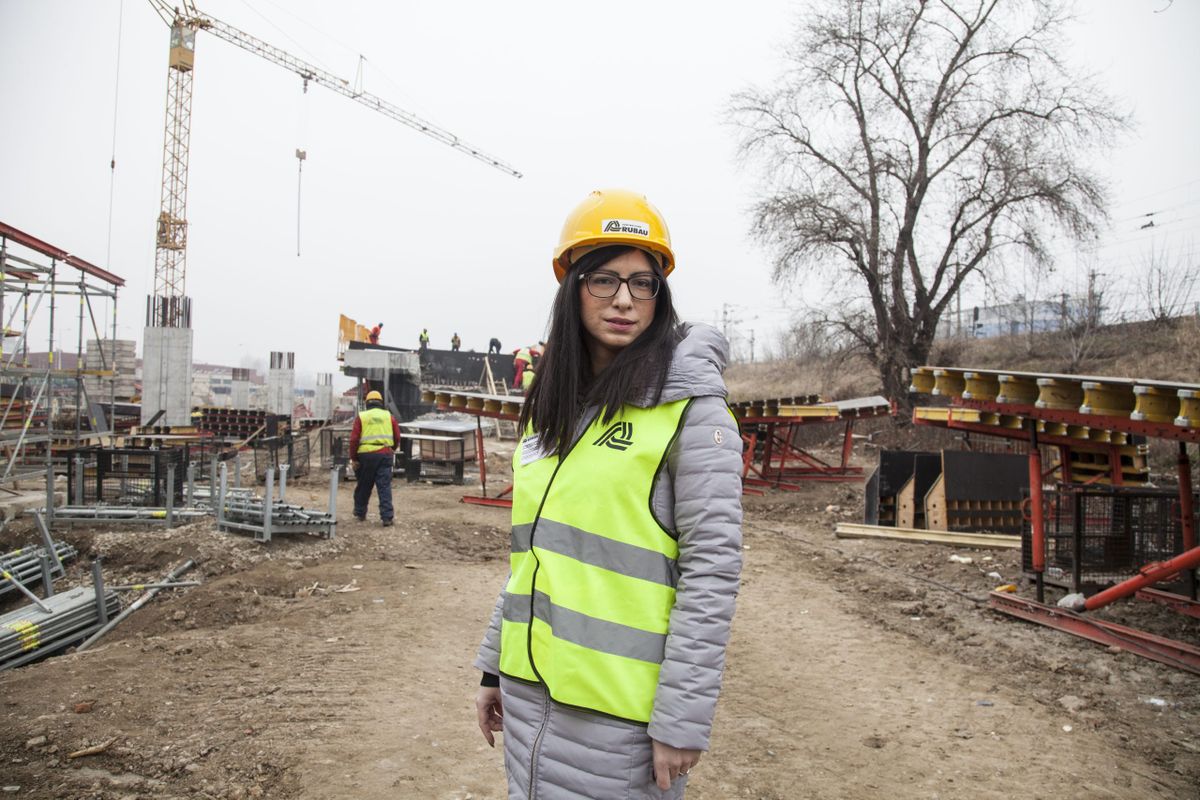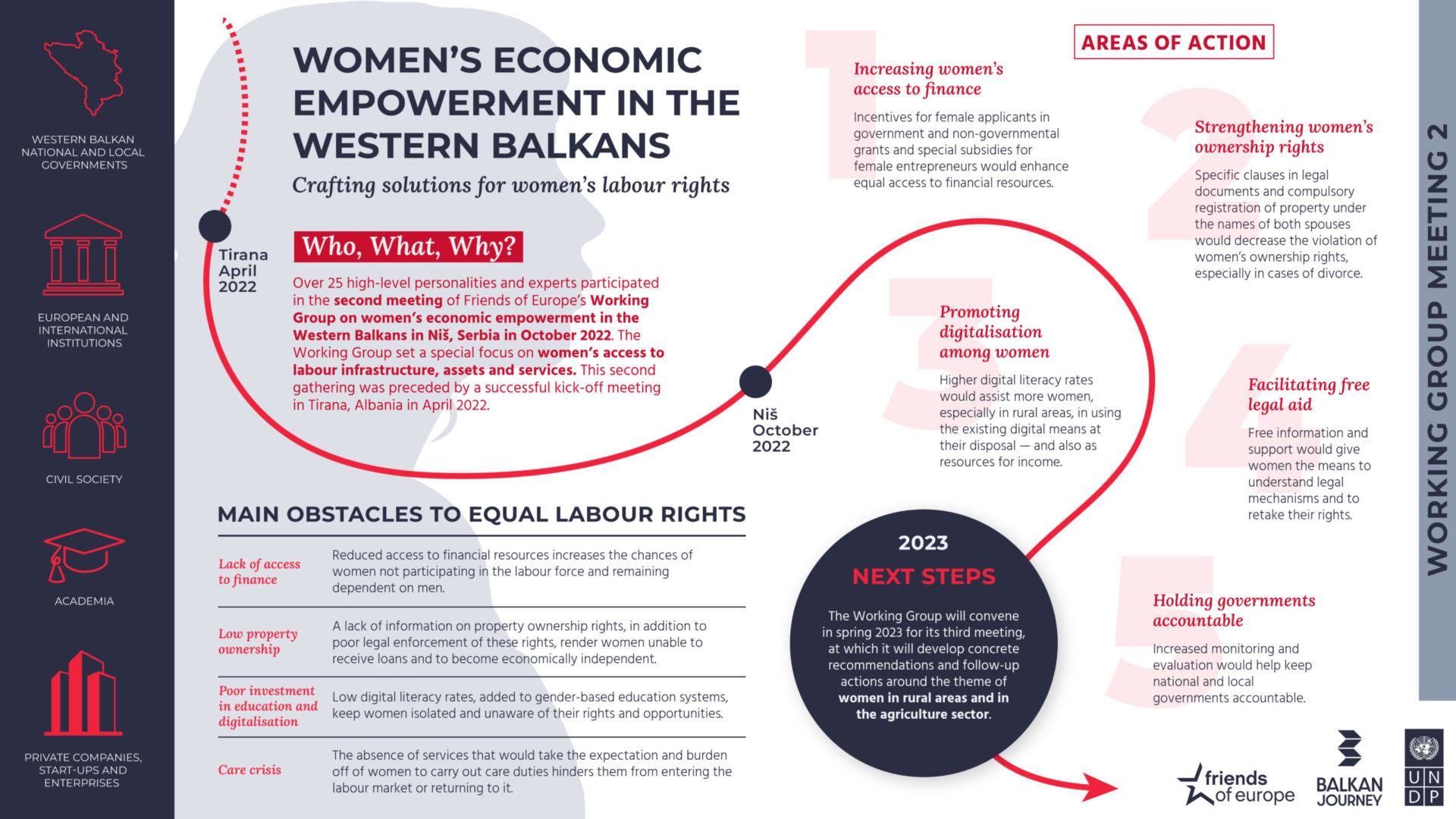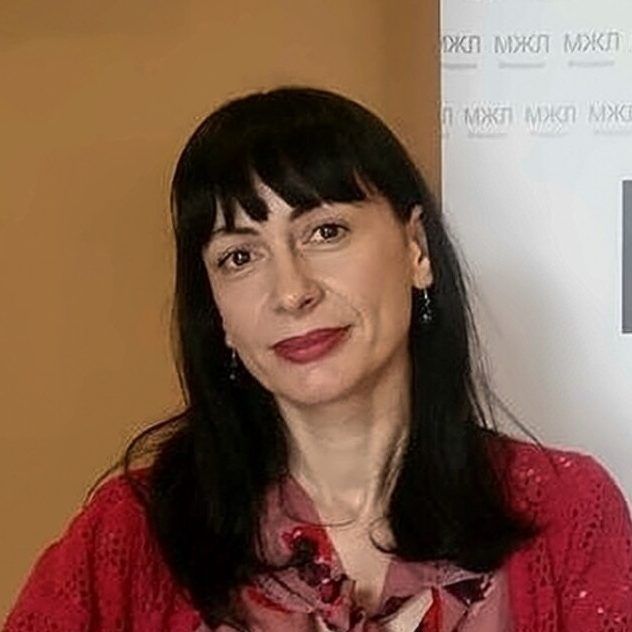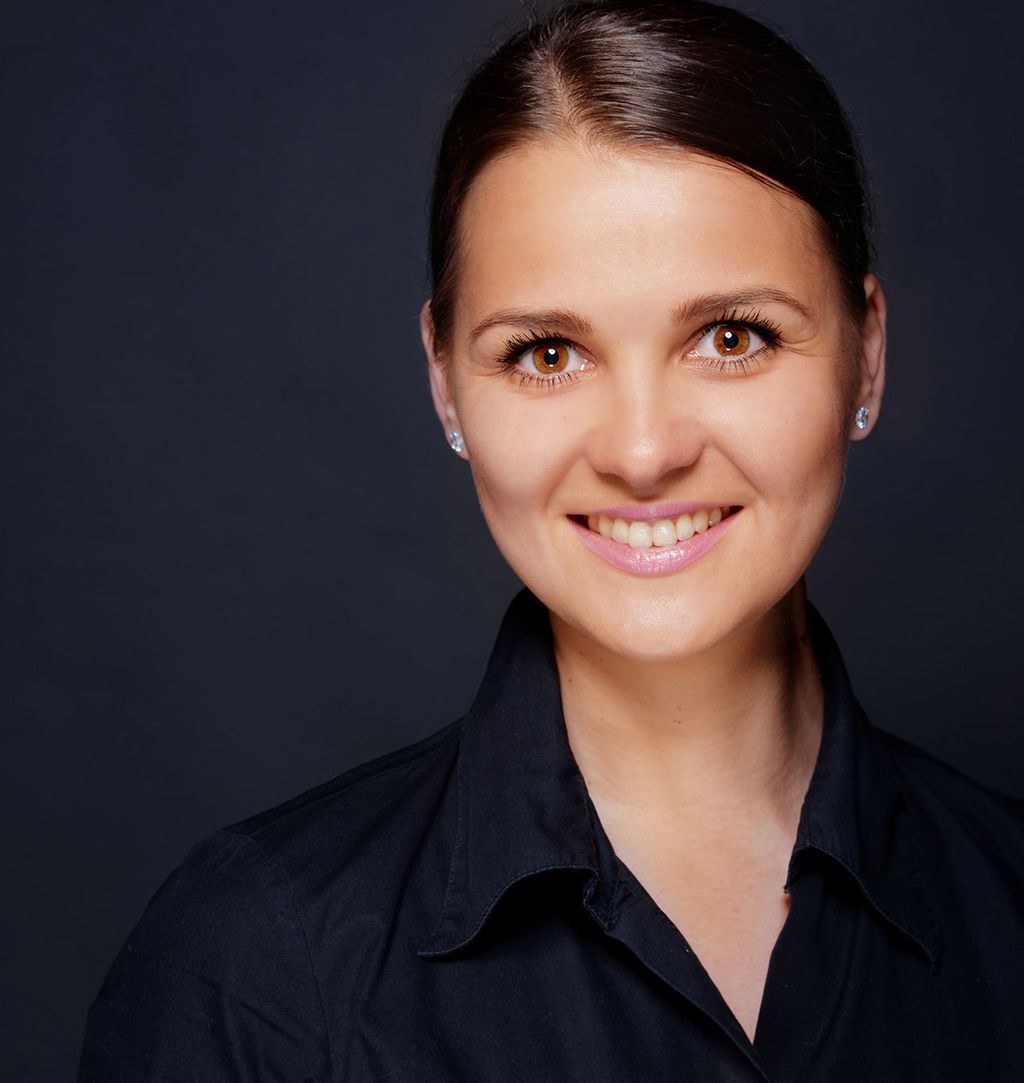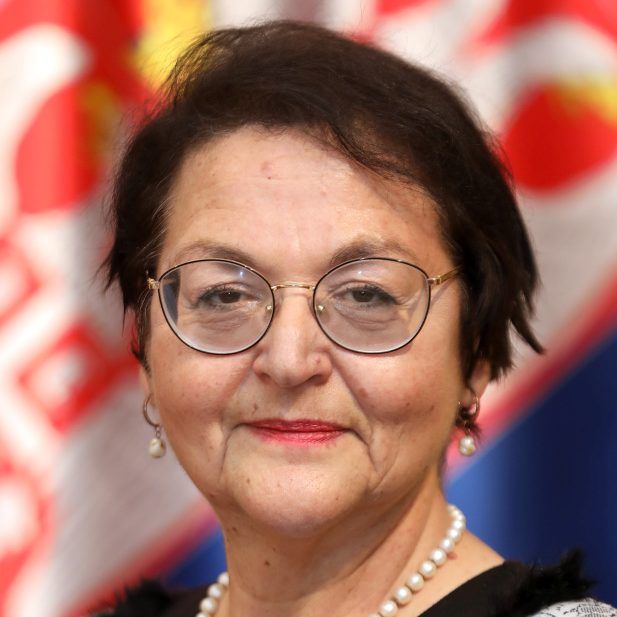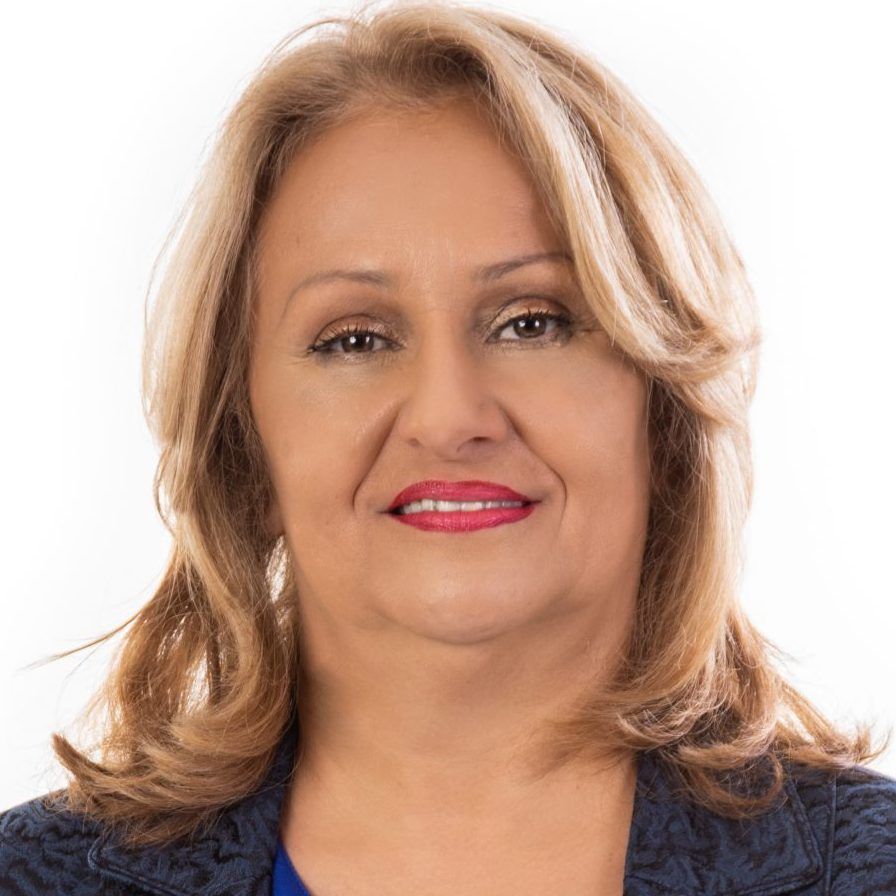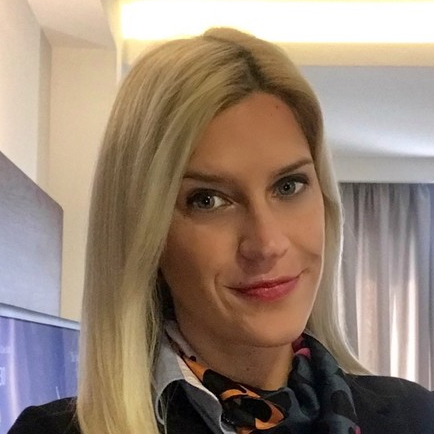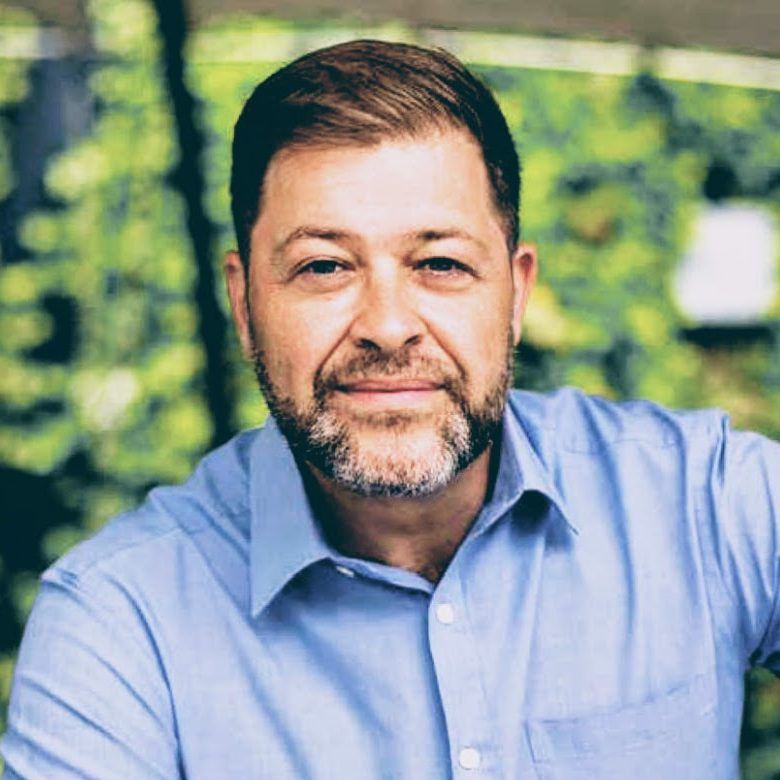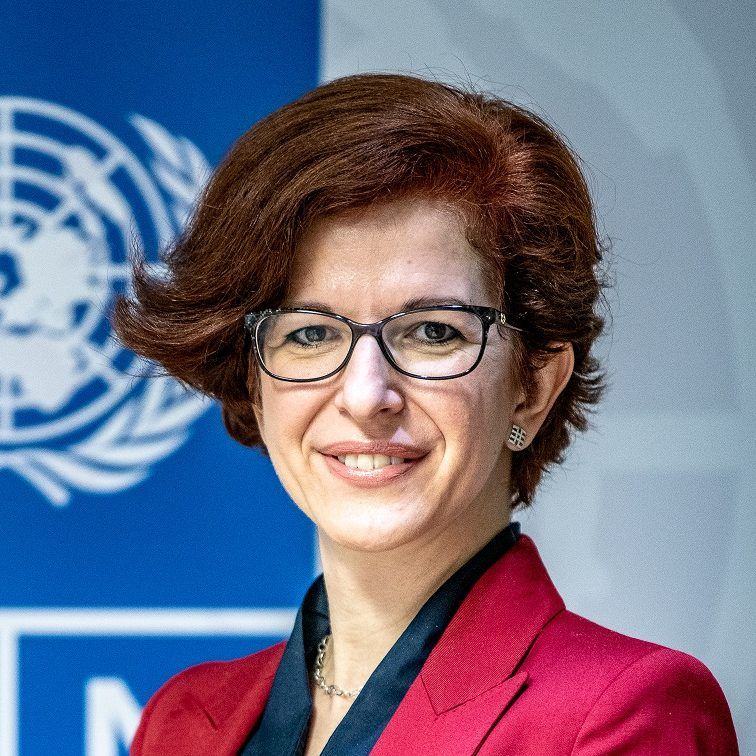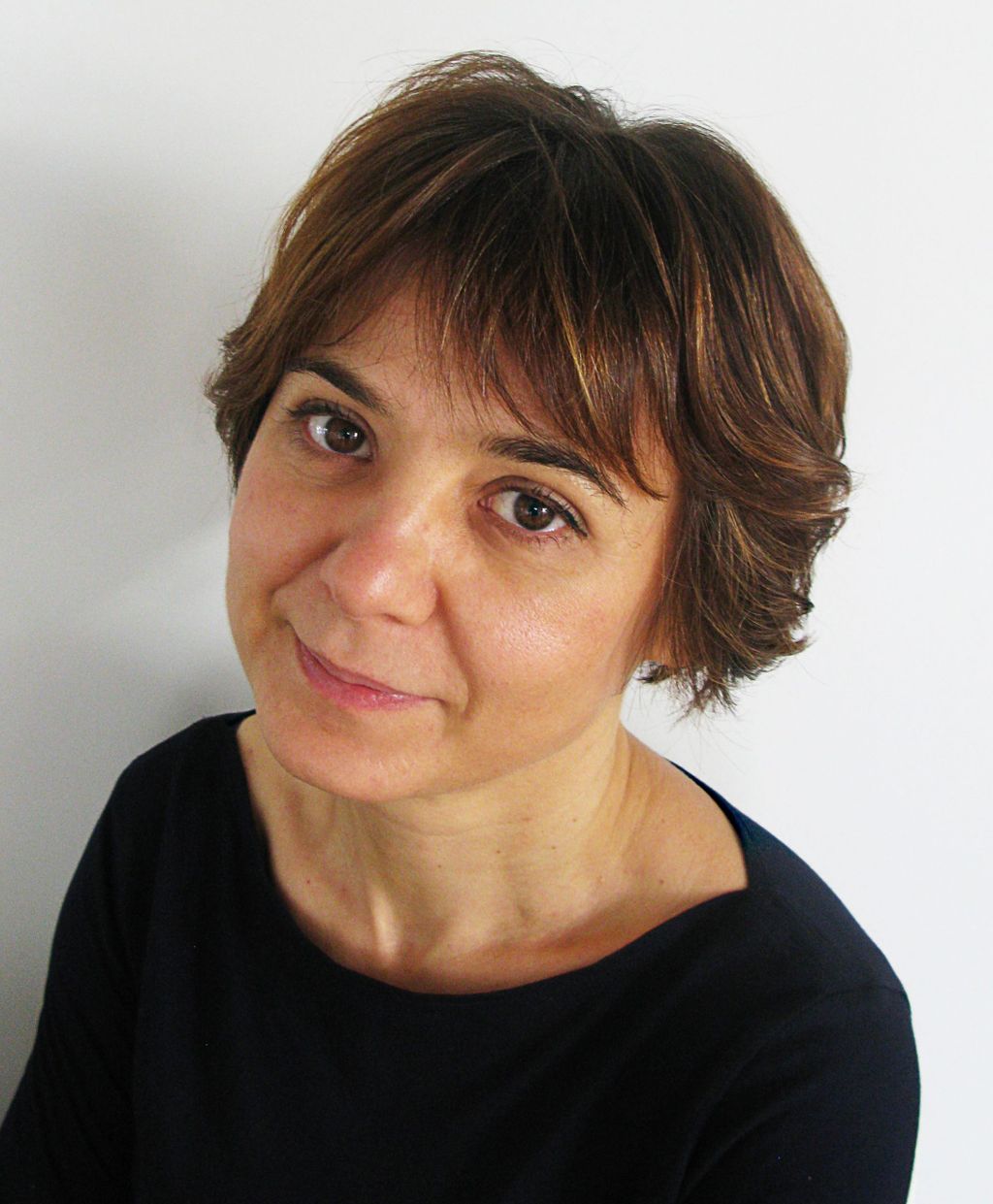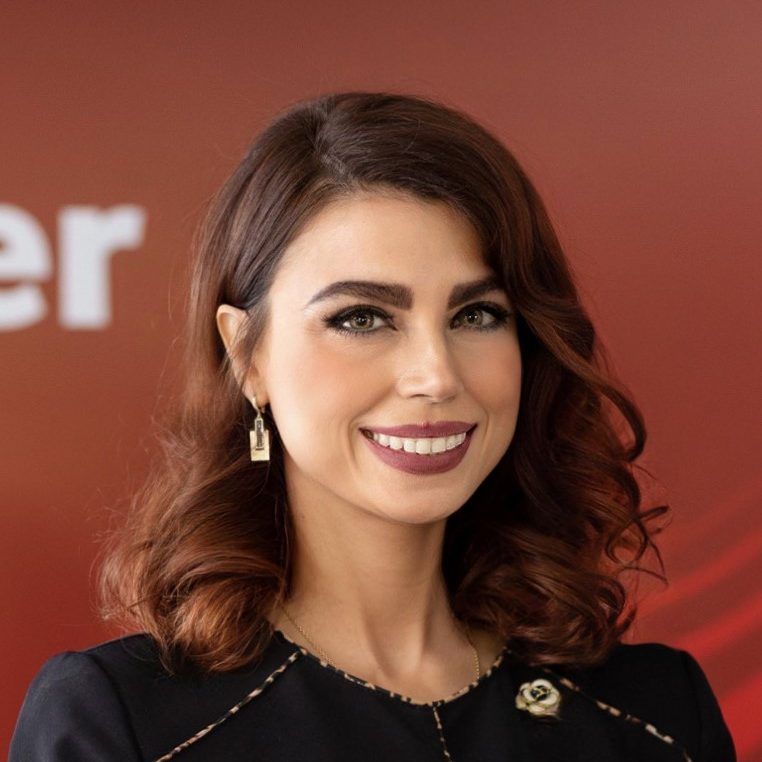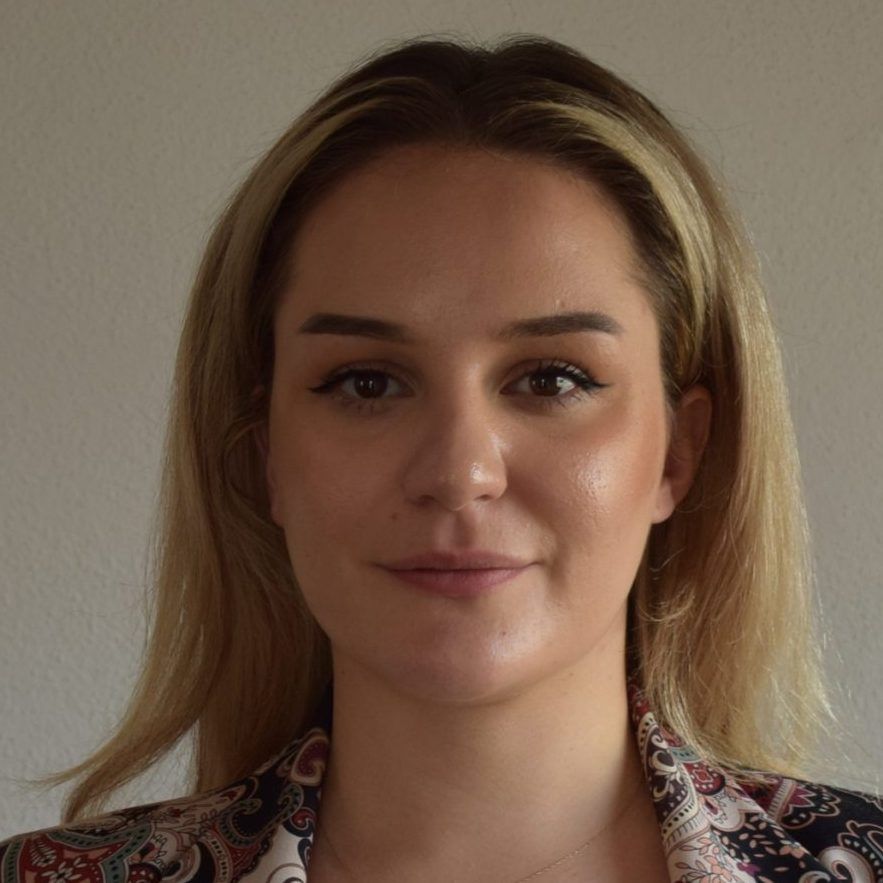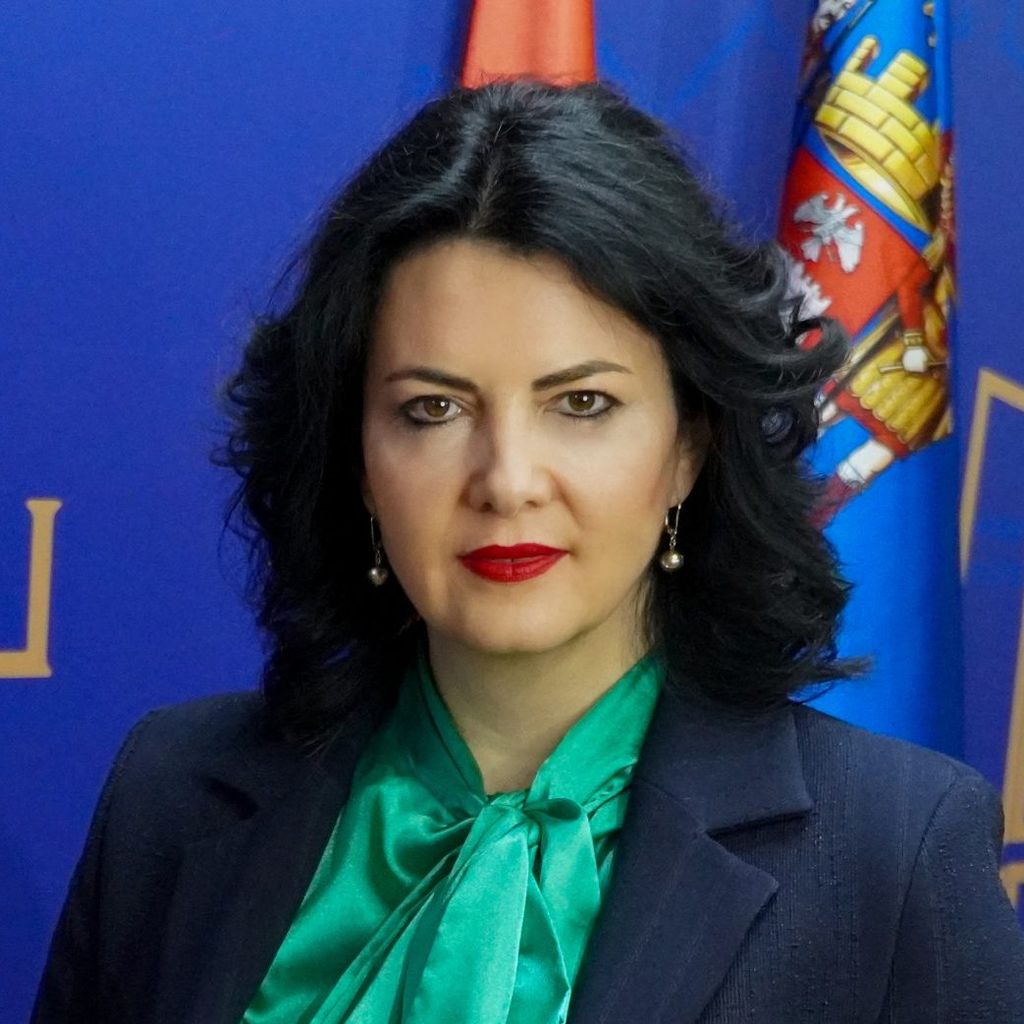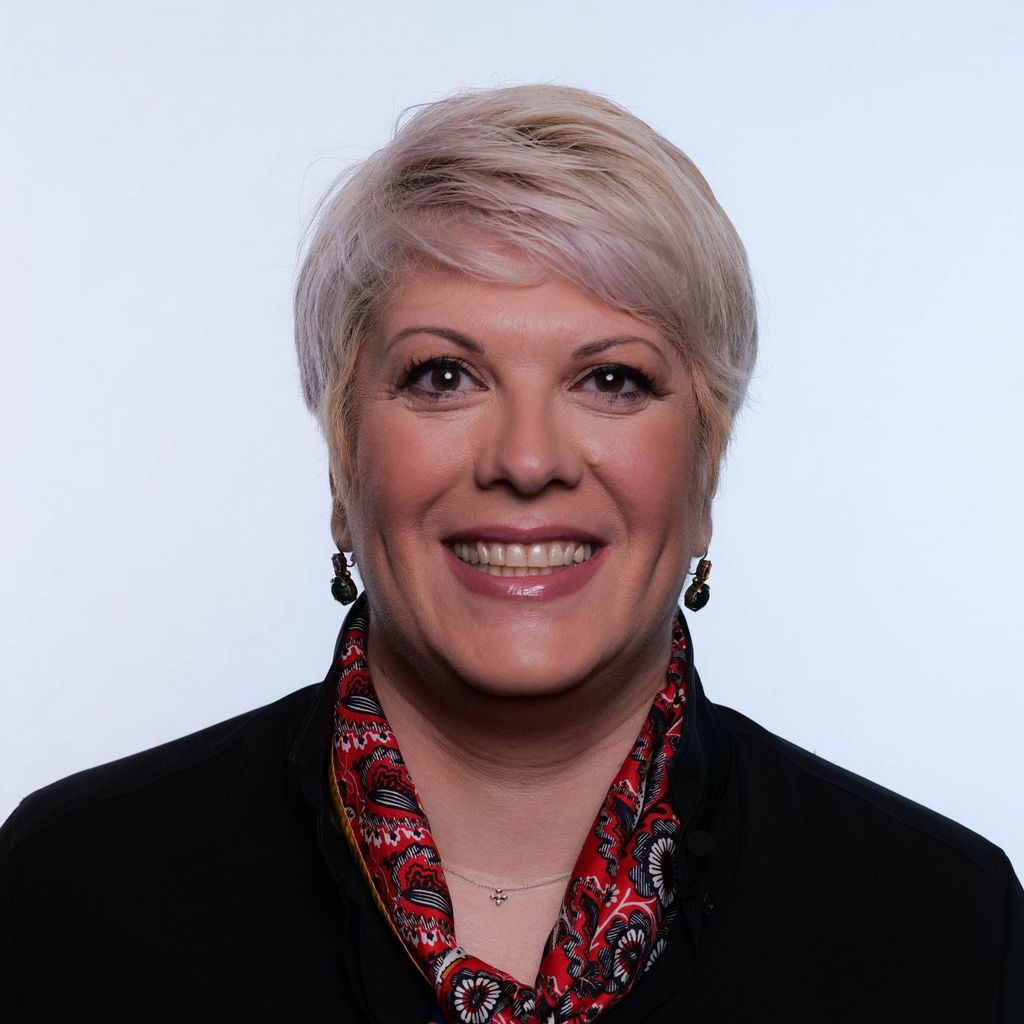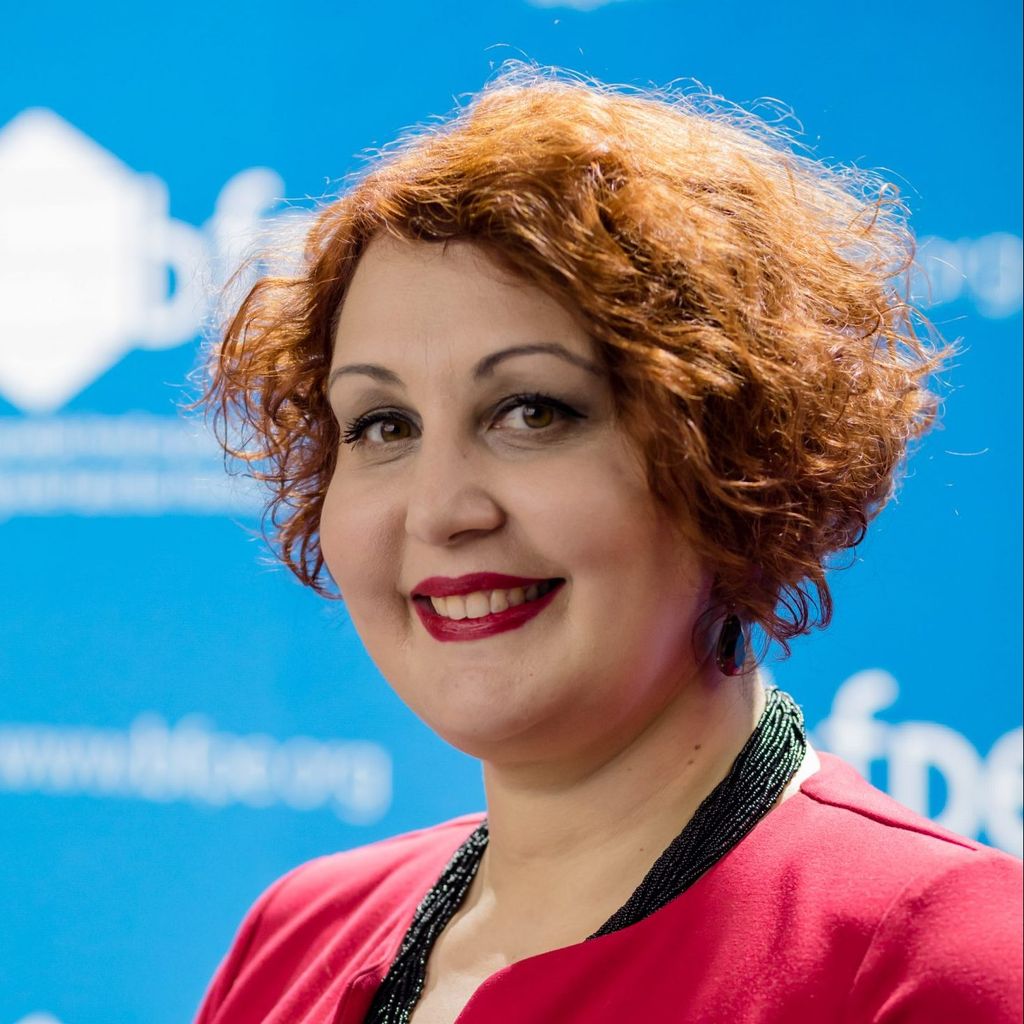Questions include:
- How can policies, newly-created and already implemented activities be monitored and better evaluated to ensure the sustainability and effectiveness of integrating women into the labour market?
- How can technology, research and innovation be used to further open the labour market to women and to enable broader access to training opportunities?
- What mechanisms should be in place for the care economy to become stronger?
- What are some examples of best practice to strengthen labour rights and promote opportunities for rural women and women in agriculture to avoid the risk of further exclusion? How is daycare regulated in rural areas?
- How can gender-responsive budgeting (GRB) enhance women’s access to labour infrastructure, assets and services? How can this process link to longer-term system reforms and to better monitoring in terms of effectiveness and impact?
Members
Blerina Ago
Founder and CEO of Active Albania
Daniela Antonovska
Gender Expert and Consultant
Dragana Čalija
Owner and CEO of Saint Di
Gordana Čomić
Serbian Minister for Human and Minority Rights and Social Dialogue
Gordana Danilović
Director of Science Technology Park Belgrade
Amina Dizdar
Programme Coordinator at the Sarajevo Open Centre (SOC)
Vesna Dzuteska-Bisheva
Regional Team Leader on Inclusive Growth at the United Nations Development Programme (UNDP) Istanbul Regional Hub
Maria Fernandez
Policy Officer at the European Commission Directorate-General for Neighbourhood and Enlargement Negotiations (DG NEAR)
Ana Filipović
Secretary of the Coordination Board for Women Entrepreneurship at the Chamber of Economy of Montenegro
Mads Galsgaard
CEO of Learnio
Daniela Gašparíková
United Nations Development Programme (UNDP) Resident Representative for Montenegro
Tatjana Kecojević
Lecturer in Social Statistics at the University of Manchester and founder of Sister Analyst
Evisi Kopliku
Expert on Competitiveness at the Regional Cooperation Council (RCC)
Jonida Lakuriqi
Director of Legal and External Affairs at Vodafone Albania
Adela Llatja
Gender focal person for Albania at Deutsche Gesellschaft für Internationale Zusammenarbeit (GIZ)
Ana Pashalishvili
Women’s Economic Empowerment Advisor at the UN Women Regional Office for Europe and Central Asia
Eurisa Rukovci
Founder of Grazeta Media
Emi Saliasi
Senior Talent Acquisition Consultant at Perrett Laver
Tamara Šmidling
Project Officer at the Kvinna till Kvinna Foundation Office in Serbia
Dragana Sotirovski
Mayor of the City of Niš
Katia Stathaki
CEO of Vodafone Albania
Svetlana Stefanović
Executive Director at Foundation BFPE for a Responsible Society (BFPE)
Valentina Disoska
President of the Association of Business Women and the National Platform for Women Entrepreneurship (NPWE) of North Macedonia
Jolanda Trebicka
Executive Director of Europartners Albania
Diana Xhumari
CEO of Tegeria
Rapporteur
Xhorxhina Bami
Journalist at Balkans Investigative Reporting Network (BIRN)
Moderator
Dharmendra Kanani
Chief Operating Officer and Chief Spokesperson of Friends of Europe
